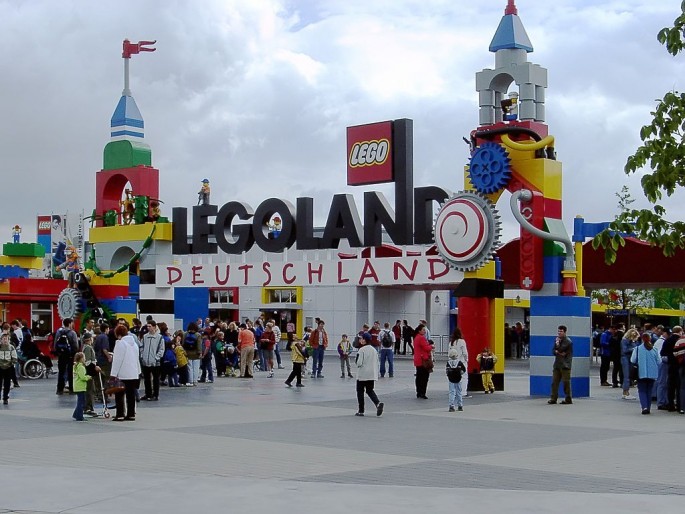China’s theme park industry is booming as the country’s middle class expands, leading to a shift in preferences.
According to the South China Morning Post, China houses a wide array of parks that boast very different themes and motifs.
Some of the most popular ones are Shanghai's Disneyland, the Water Park in Shenzhen, and the Hello Kitty Park in Anji in Zheijiang Province.
According to China Securities International tourism analyst Jennifer So, there had been a sudden need for theme parks in the country because of the devaluation of the yuan and the economic slowdown.
"Chinese holidaymakers are making more domestic trips due to the economic slowdown and the devaluation of the yuan," she told SCMP.
But the outlet notes that the biggest contributor to the boom in the theme park industry is the change in preferences.
Change in Preference
Because China is beginning to be composed of more middle-class citizens, people tend to be more budget-conscious, paving the way for more domestic consumption.
The analyst also said that their preference has also shifted from being purely focused on shopping to more leisure, sightseeing and services.
Because of this, tourist destinations such as the Haichang Ocean Park can already reap the harvest now.
According to Haichang's chief strategy officer Gao Jie, there is no competition when it comes to theme parks and that the Ocean Park would certainly not feel any negative effect of the launching of the Shanghai Disenyland, the first of its kind in the mainland.
"We would have a cluster effect, like Hong Kong's Disneyland and Ocean Park," he said.
According to him, the Ocean Park is at an advantage since they have their own sea animals and "a good knowledge of conservation practices."
Unique Theme Parks in China: More Than Revenue
According to the Aecom Consultancy firm, there is a good chance that China could surpass the United States as "the biggest theme park market in the world" in four years because it would already be drawing 221 million people by 2020.
In 2015, China's amusement park market has already produced revenue of $3.3 billion, per a report from Forbes.
However, theme parks in the country are not only meant to boost the economy, but also to improve ties with other nations.
Take for example the Islamic theme park that is currently being erected in the inland Ningxia autonomous region's Yinchuan, where the population is composed of many Hui Muslims.
According to Independent UK, the establishment of this park, which would be called the World Muslim City, is set to divert the Middle East's attention from the country's controversial treatment of Uyghur Muslim minorities in the autonomous territory of Xinjiang.






















